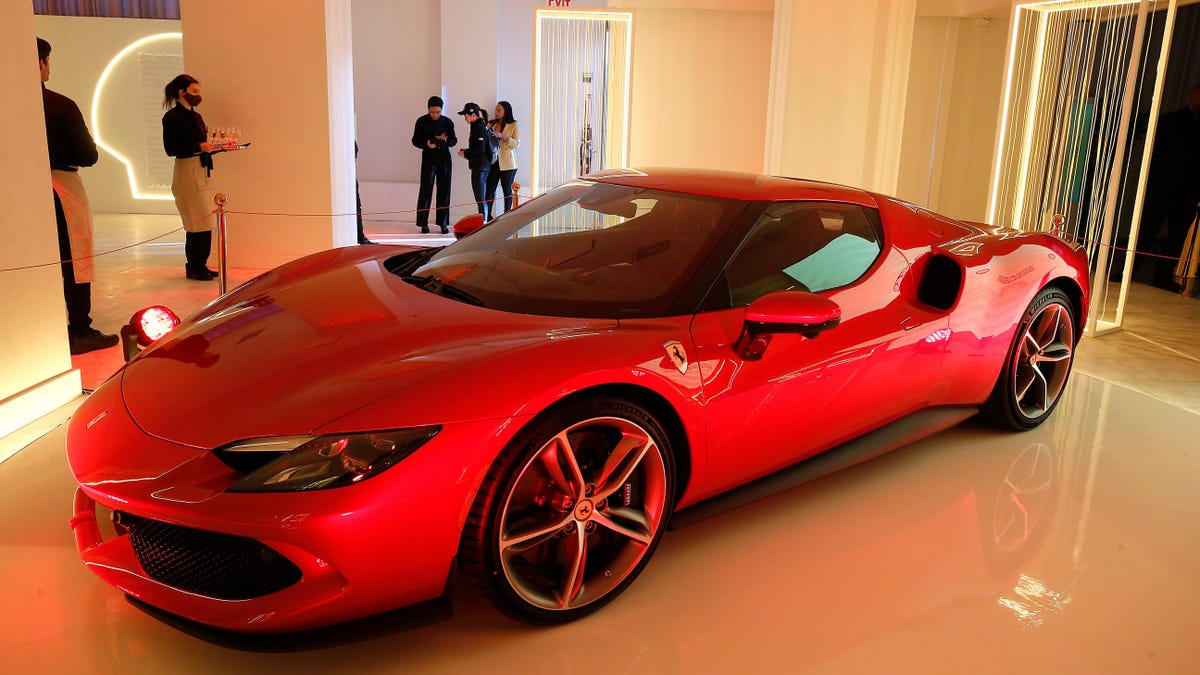China is now the first and only country where women represent at least a quarter of all new and pre-owned Ferrari purchases. According to Bloomberg, female buyers accounted for 26 percent of the Italian supercar maker’s sales in China (not including Taiwan or Hong Kong) over the past five years. Though we do not have the exact number, 26 percent far exceeds the proportion of Ferraris sold to women in other countries.
The outlet reports that the women who are buying these cars usually include tech industry executives, property entrepreneurs (read: landlords and realtors) and the super-wealthy. Bloomberg says that this information is from sources familiar with the matter, and Ferrari itself has declined to comment on the specific numbers surrounding female buyers in China.
“In recent years we have seen growing enthusiasm from female clients for our products and experiences,” Benedetto Vigna, Ferrari CEO, told Bloomberg. “An increase in women signing up for company-sponsored events like race-car training has been pointing to the trend.
According to the outlet, Mainland China, Hong Kong and Taiwan accounted for 12 percent of Ferrari’s total sales last year with almost 1,600 cars. That number is nearly double compared to where it was just five years ago. That 12 percent is actually a little ahead of where Ferrari wants to be in the region. Because tariffs on luxury imports hurt returns, Ferrari is reportedly seeking to keep Chinese deliveries around 10 percent of total shipments.
It all makes sense, doesn’t it? Bloomberg says that China is the global number two spot for billionaires — trailing only the U.S. — and Chinese citizens can be found up and down the list of Asia’s wealthiest women. Many of them are reportedly self-made, as well. As always, social media plays a big role. Douyin, which you can think of as China’s TikTok, often reportedly showcases videos of young women driving Ferraris.
Executives over at the prancing horse seem well aware of this trend. All the way back in 2010, the company’s former CEO reportedly said that one-fifth of the previous year’s sales in China were to women. Back then, shipment into China was only about one-seventh of where it is at today.



deleted by creator